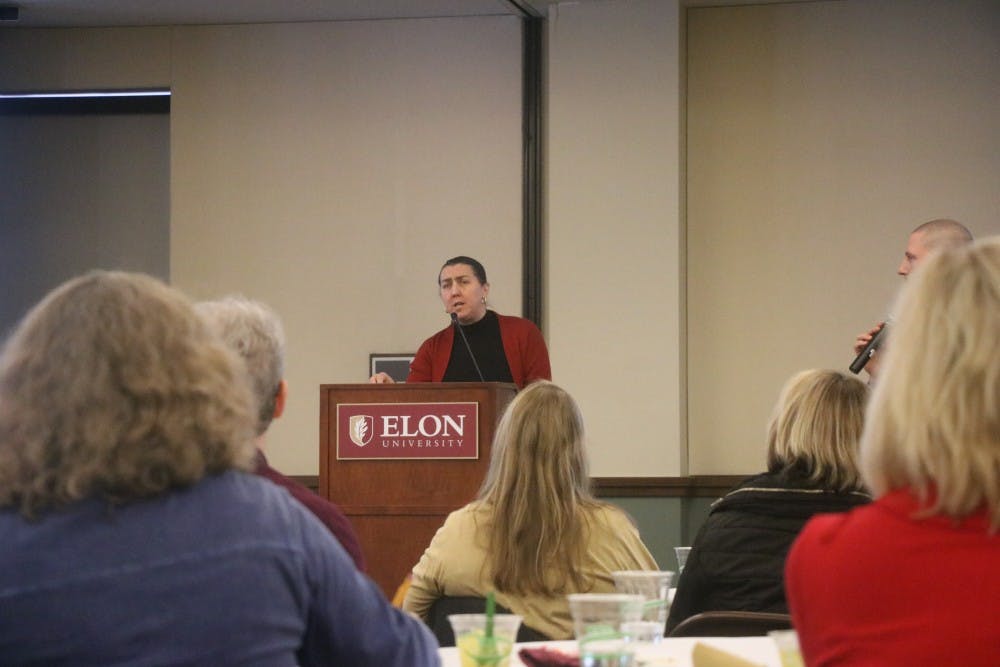The U.S. Department of Education is proposing significant changes to Title IX that will affect how higher education responds to sexual harassment and assault. Title IX was established in 1972 to protect people from discrimination based on sex in education.
Because Elon University receives some federal funding, it still has to comply with Title IX. If passed, the changes to Title IX regulation would be implemented at Elon by next fall.
“Our status as a private university has nothing to do with our obligations to follow these regulations if they are passed,” said Ann Cahill, chair of the Sexual Assault and Gender Issues Council.
Title IX Coordinator Mike Neiduski called the proposed changes “immensely concerning.” He was worried the changes would decrease reporting and induce re-traumatization.
The federal government is proposing for universities to “hold a live hearing where cross-examination would be conducted through the parties' advisors,” according to a press release from the U.S. Department of Education.
Elon now has an investigator model where trained investigators review the case through an “individualized approach,” according to Neiduski. A hearing is a panel of peers that reviews the sexual assault case.
The hearing could take place in a court-like setting where victims would be questioned in the same room as their presumed abuser. Currently at Elon with the investigator model, cross-examination happens on paper over the span of days instead of live.
If passed as is, Title IX will no longer cover American students studying abroad. The new Title IX regulation lists reporting assaults at an international university as optional instead of mandatory like before.
The process of reporting will change under the proposed Title IX. When passed through the public comment period, victims will have to file a report to a limited number of qualified staff. Currently, a victim can file a report to residence assistance, supervisors and faculty.
“This, in my opinion, will decrease reporting. And that we already know from research,” Neiduski said.
The changes to Title IX will pass after the public comment period is over on Jan. 28, 2019. Neiduski and Cahill is encouraging students, faculty and staff to participate in the public comment period by contacting the Office for Civil Rights and legislators.


